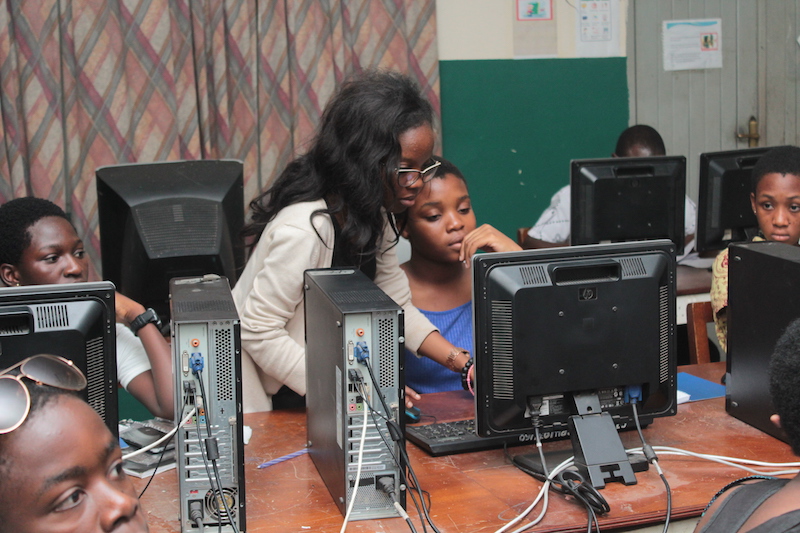“We noticed when we were testing our system that there was an emotional value to this,” Srsen says. “When pregnant women listened to the heartbeat (of their unborn children) they wanted to share that with loved ones more than with care providers. So we decided to scale down and start with a consumer product that would allow pregnant women to do self-tracking and make it an emotional, engaging, social experience.”
Global Company Growth in CEE Remains Challenging
Some 40,000 units of the fetal heart monitor have been shipped to date. In late September of 2014 the company released a new version, which allows moms to play music to their unborn and track reactions. After birth, the same device can be used as a baby monitor. The same device later identifies the baby’s cries, plays music and serves as a baby monitor that tracks temperature and humidity.
Bellabeat also announced two new products: a smart scale, Balance, that helps a new mother track her weight and that of the baby; and smart jewelry, called LEAF, which allows women to track their sleep, activity, reproductive health and reduce stress levels with the built-in breathing exercises.
The LEAF is designed specifically to cater to women’s needs, so it’s no wonder that the first two batches sold out almost immediately. There’s a waitlist for the third batch of the LEAF and by the looks of it, it will follow the success of the first two batches. Unlike other trackers that have a certain unisex feel to them, the LEAF is a gorgeous piece of jewelry that can be worn as a clip, necklace or bracelet. The aesthetic approach has proven to be a very smart move - the LEAF is both smart and beautiful, and that’s quite appealing for a female user. The original Silver LEAF has already become a household name and a classic among users, the Black LEAF sold out instantly, and for the third batch, the company is expanding the LEAF family even more. Customers will be able to choose between three different styles: the Silver LEAF, the Black LEAF and a completely new member of the LEAF family - the Rose Gold LEAF.
The company hopes to grow a strong consumer user base, then pitch to doctors and other care providers to show them how they and their patients can benefit from Bellabeat’s system, whether it be the baby monitor, the LEAF or something else.
Growing a global company from Slovenia, or anywhere in Central and Eastern Europe, remains challenging, says Srsen, Bellabeat’s chief operating officer.
“There are quite a lot of startups from Slovenia, but they don’t stay for very long,” she says. “A few generations back we figured out that we have to create things by ourselves if we want to succeed, so we are raised to be very hard-working and creative.” The bad news is “there is no possibility of funding,” she says. The good news, she says, is “We are not afraid of going out and trying.”
At Mur’s urging, the company decided to try their luck in Croatia and set up their first office in Zagreb but it proved impossible to raise money from investors anywhere in Central Europe, she says. The chance to join the Y Combinator cohort in Silicon Valley was a lucky break that helped the company raise its first round and expand internationally.
Now the company is entering the retail market, with plans to feature its devices in targeted stores in order to raise the brand’s visibility and awareness. Currently, Bellabeat has secured 65,000 of wholesale pre-orders for all retailers combined, mostly in the United States, but also including a handful of global markets like the United Kingdom, Australia and China.
What’s interesting about the Bellabeat product line is that it focused on an area many health trackers were ignoring—women’s health and, more specifically, new and expecting mothers. This demographic is happy to spend on items that let them connect with their child, whether that means buying a music system to play tunes to the womb or, as with Bellabeat’s Shell, letting moms hear their babies’ heartbeat.
“We have gained substantial interest from our customers that are far from the tech-savvy San Francisco crowd,” says Srsen of the company’s growth. “And that proved us that wearables have a huge product and market fit outside of fitness and activity tracking alone.”



















